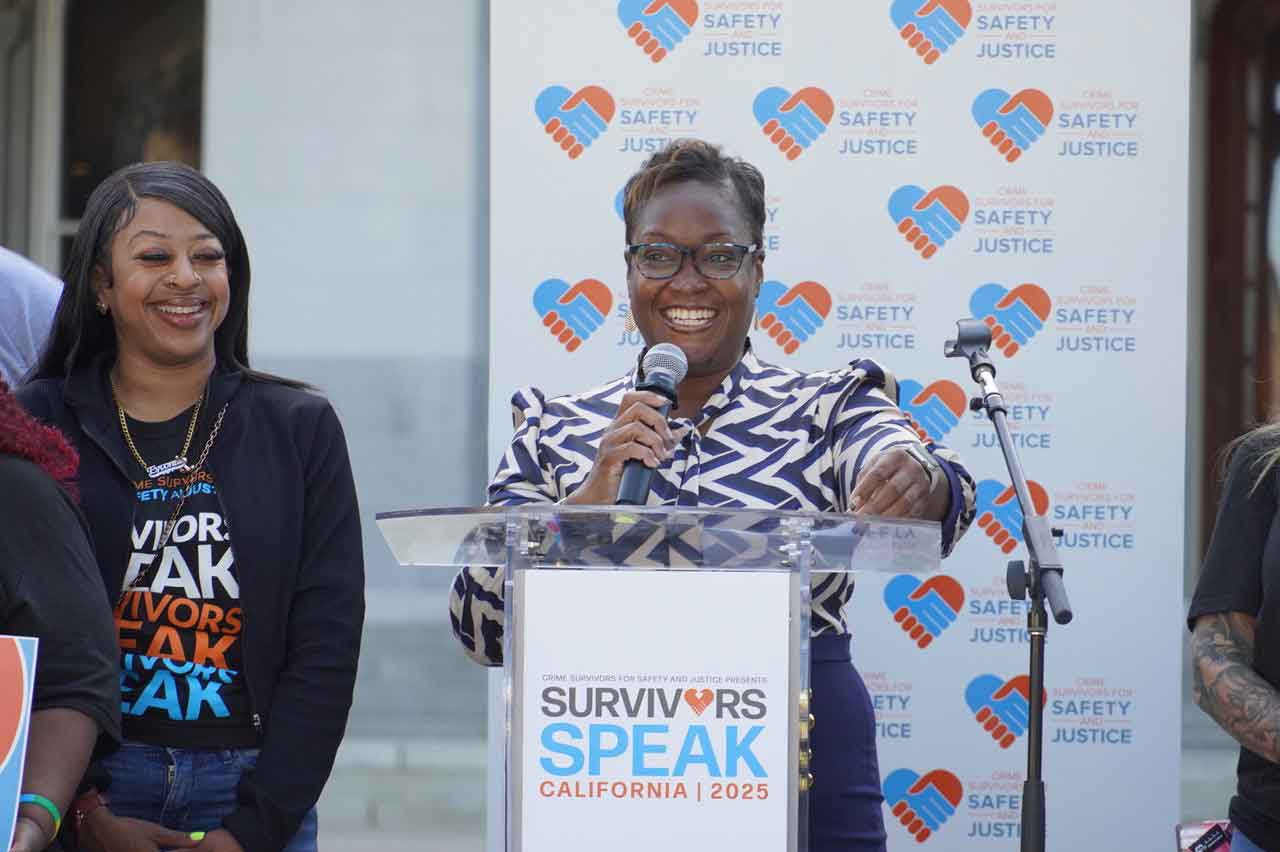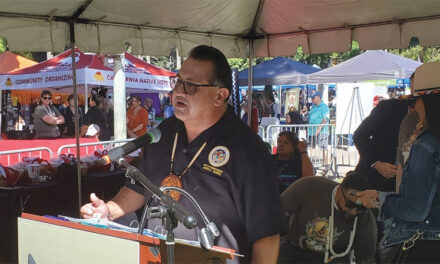These Four Black Caucus Bills Clash With Key Aspects of Trump Admin Agenda
Over the last four weeks, California Black Media (CBM) has been examining the 16 bills included in the California Legislative Black Caucus (CLBC) “Road to Repair 2025 Priority Bill Package.”

By Edward Henderson | California Black Media
Over the last four weeks, California Black Media (CBM) has been examining the 16 bills included in the California Legislative Black Caucus (CLBC) “Road to Repair 2025 Priority Bill Package.”
This week’s article looks at the last four bills in the series.
Each piece of legislation, authored by different members of the CLBC, is written as part of a broader umbrella package designed to repair “the generational harms caused by the cruel treatment of African American slaves in the United States.”
However, the bills each include provisions that stand in stark contrast to key aspects of the Trump administration policies which call for eliminating DEI in government and ethnic studies in schools as well as weakening criminal justice protections and pushing back against programs that level the playing field for descendants of enslaved people in the United States.
Here is an overview of the four bills, a summary of what each one proposes and insights from each author.
Assembly Bill 766
Assembly Bill (AB) 766, introduced by Assemblymember LaShae Sharp-Collins (D-San Diego), seeks to require all executive branch agencies to conduct periodic racial equity analyses and develop programs to further advance racial equity.
“DEIA programs across the country are under attack,” said Sharp-Collins. “These critical programs expand opportunities but also ensure equity and access. AB 766 protects those programs in California and
commits the state to ensuring fairness by requiring a racial equity review in all departmental rulemaking.”
The bill would require all agencies and departments subject to the Governor’s authority to undertake a racial equity analysis before implementing any budget or before any regulation takes effect. The bill would require the racial equity analysis to be undertaken by an appointed DEI officer.
On April 30, the Assembly Committee on Appropriations voted 15-5 to approve the bill but re-referred it for further examination by the committee members.
Assembly Bill 475
AB 475, introduced by Assemblymember Lori Wilson (D-Suisun City), seeks to require the California Department of Corrections and Rehabilitation (CDCR) to develop voluntary work programs for inmates.
Provisions in the bill align with Wilson’s mission to advocate for incarcerated individuals’ rights when it comes to forced labor.
“This bill would no longer require CDCR to require each able-bodied inmate to work and, instead, would require CDCR to develop a voluntary work program and to prescribe rules and regulations regarding voluntary work assignments for CDCR inmates,” wrote Wilson in the bill text. “Including the wages for work assignments and requiring wages for work assignments in county and city jail programs to be set.”
Last month, the Assembly Appropriations Committee voted 6-1 in favor of the bill before referring it to the suspense file.
SB 510
SB 510, introduced by Sen. Laura Richardson (D-Inglewood), seeks to require complete and accurate K-12 curriculum regarding racial disparities, including impacts of segregation, slavery and systemic discrimination.
“SB 510, if passed, would ensure that California K-12 students have accurate teachings that reflect historical facts related to the treatment, struggles, and accomplishments of African Americans throughout our state’s history,” said Richardson.
The bill is similar to AB 1821, introduced by Assemblymember Ramos in 2024 that stated, “any instruction on the Spanish missions in California or the Gold Rush Era must also include instruction regarding the treatment of Native Americans during those periods.”
The Senate Appropriations Committee is currently reviewing the legislation.
AB 742
AB 742, introduced by Assemblymember Sade Elhawary (D-Los Angeles), seeks to designate descendants of American chattel slavery for priority when issuing professional licenses.
The bill is connected to SB 518, introduced by Senator Akilah Weber-Pierson, which establishes the Bureau for Descendants of American Slavery. The Bureau would be a state agency to verify lineage and facilitate access to reparations programs.
Once an individual’s lineage is established by the bureau, AB 742 would make the information a priority when issuing professional licenses, creating pathways towards economic opportunities. The bill’s
introduction builds on the two main pillars of her political platform: restorative justice, and wellness equity.
“Change takes courage and community,” said Elhawary in a release. “And I intend to get right to work bringing people together and helping Californians keep a roof over their heads and food on the table, get their kids a good education, find family-sustaining jobs, become healthier, and live in safer neighborhoods.”
On April 29, the Assembly Judiciary Committee voted 8-2 to advance the bill. It is currently under review in the Assembly Appropriations









